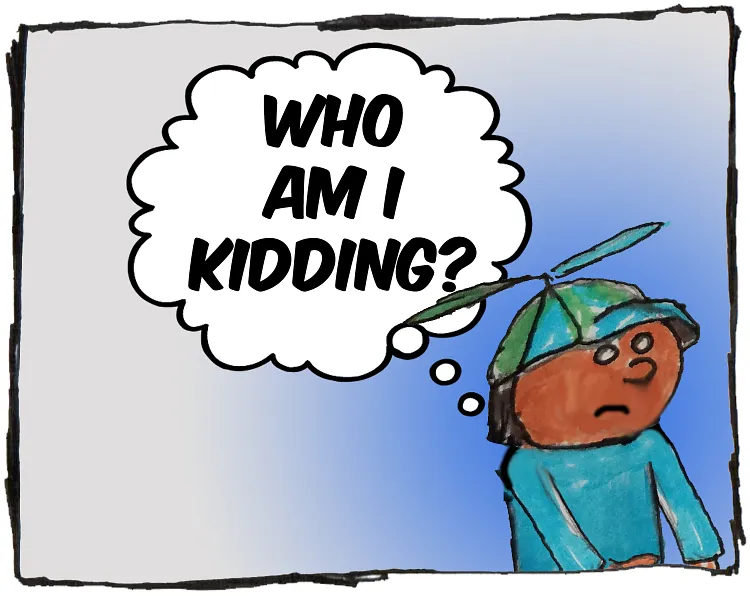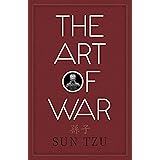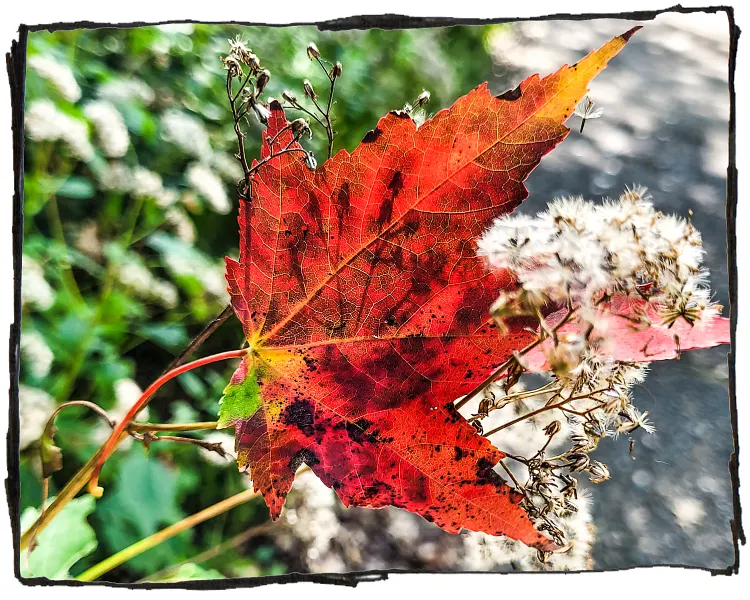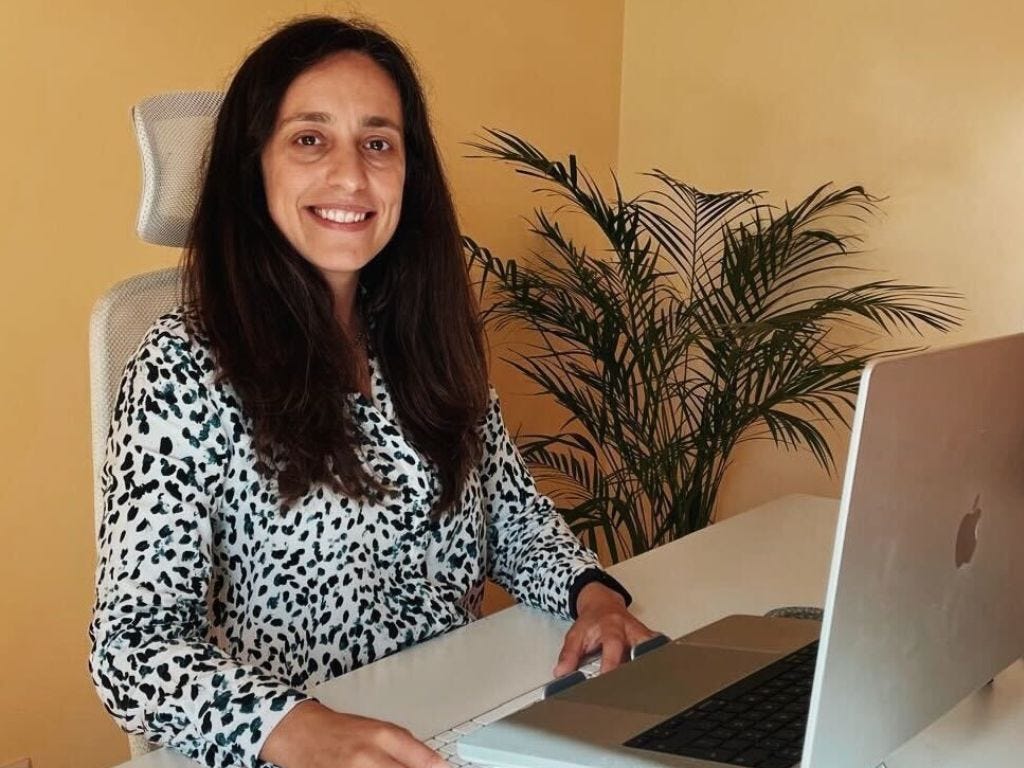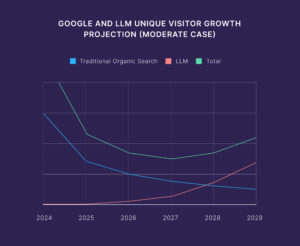“Unmasking the Impostor: How a Toxic Supremacy Mindset Fuels Your Self-Doubt”
Have you ever hit “publish” on a piece you poured your heart into, only to feel an icy grip of doubt wash over you? Yeah, you know what I’m talking about—impostor syndrome, that nagging belief that you don’t really belong in the pantheon of writers. In this thought-provoking piece, we’re diving into the fascinating ways different cultures perceive success and vulnerability, particularly through the lens of someone who’s spent a decade in Peru. What if the key to overcoming that debilitating fear isn’t just about personal growth, but about entirely reexamining our underlying beliefs? Buckle up as we unravel the complexity of our worth and challenge the very fabric of our societal norms. Curious to see how shifting your perspective could lead you to true fulfillment? The journey begins here—so let’s venture into this narrative together! LEARN MORE

THE RECKLESS WRITER
You’ll never find satisfaction in success until you change your fundamental ideology
If you mention the term “impostor syndrome” to most writers, they immediately start to nod their head in understanding.
“Every time I publish an article, I’m gripped with this sense that I don’t belong.”
“I feel like I’m going to be ‘exposed’ and expelled from the group.”
Impostor syndrome is sometimes confused with normal anxiety. If you’ve worked hard on something, you might think it’s natural to fear rejection.
But what if I told you that’s not the case at all? Would you be astounded to hear that there are people in other parts of the world who look at American impostor syndrome and see it as an indication of a deeply flawed worldview?
In my experience, it’s too often the case that Americans settle into the assumption that the way we do things in this country is consistent with the rest of the world.
It’s not.
I’ve been fortunate in that I was able to spend a decade in Peru. One of the most profound aspects of that experience was that it allowed me to peel back the layers of my own social perception. I consider myself to be a pretty astute individual, but it takes years to learn how to see the world through a different cultural lens.
One of the things that astounded me about living in Peru was how willing people were to make themselves vulnerable. I’d see little kids get up and dance. I’d see young people stand up on a stage and sing. I’d see adults go to the park to show off their artwork.
I kept waiting for one of them to exhibit the telltale signs of crippling impostor syndrome, but none of them did.
Why do you think that is?
Over the last few years, I’ve been studying America’s racial hierarchy. Although it can be uncomfortable, I think it’s important that we attempt to understand the various social mechanisms in place that maintain a system of inequality.
